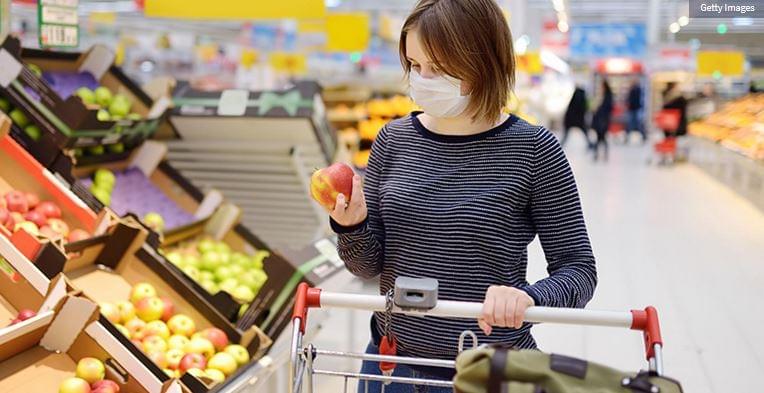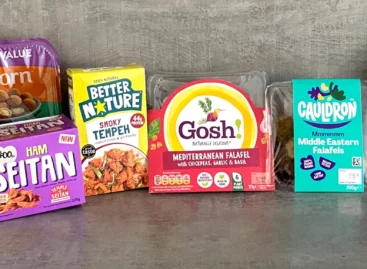Lonely eaters and Christmas peak in the UK
The Market Research section of the January E-Scanner newsletter of the PLMA looked at UK households in terms of meals and Christmas. New rules restricting promotions will come into force next year.

There are 27.8 million households in the UK, with steady slow growth. There are 8.2 million single-person households, with an increasing number of men aged 45-64 among them.
Eating alone
New research by Sainsbury’s reported family dinnertime is on the decline in the UK with only 28% of households sharing the same meal each evening. Busy schedules, fussy eaters and contrasting diets found to be the top reasons households are eating solo meals.
The poll of 2,000 UK respondents found that a busy schedule is the most common reason families don’t dine together, with 55% of the population admitting to struggling to find the time. Nearly one in five aged 25-34 said they often eat a totally different meal to the rest of the family due to working late. Almost a quarter of parents in this age group even admitted that their children eat meals in front of the TV or games console.

Merry Christmas for supermarkets
Nielsen reports that UK supermarkets experienced their biggest Christmas ever last month, with the online channel playing a key role. The online share of grocery sales doubled to 12.5% (6.7% in 2019) over the four weeks to 26 December. The rise was due to a total of 8.5m households, just over 30% of all households, shopping for their Christmas groceries online, an increase from 5.7m households over the period in 2019.
While visits to stores declined by 10%, overall and including online, shoppers increased their spend per visit to an average of 20 pounds, up from 17 pounds a year ago, the biggest ever spend per visit during the Christmas period, and only slightly lower than the all-time high of 22 pounds recorded at the height of the lockdown in May.

New nutrition rules
The UK will introduce a severe restriction on promotions of food and drink high in fat, salt or sugar by April 2022. The new rules only apply to products considered as HFSS (high in fat, salt or sugar). These include biscuits, sweets, crisps and soft drinks, but not all products within those categories are automatically HFSS. The so-called Nutrient Profiling Model of a product is the deciding factor.
Retailers no longer will be allowed to feature multi-buy promotions such as ‘buy one, get one free’ or ‘3 for 2’ on such products. Stores over 185sqm will no longer be allowed to offer “unhealthy” products in prominent locations such as cash registers, shop entrances, aisle ends and their online equivalents, such as homepages.

Related news
IKEA to host Decathlon in UK store as it opens space to other retailers
🎧 Hallgasd a cikket: Lejátszás Szünet Folytatás Leállítás Nyelv: Auto…
Read more >Tesco Sees Revival In Demand For Plant-Based Food Items
🎧 Hallgasd a cikket: Lejátszás Szünet Folytatás Leállítás Nyelv: Auto…
Read more >Related news
Pálinka, my love…
🎧 Hallgasd a cikket: Lejátszás Szünet Folytatás Leállítás Nyelv: Auto…
Read more >








